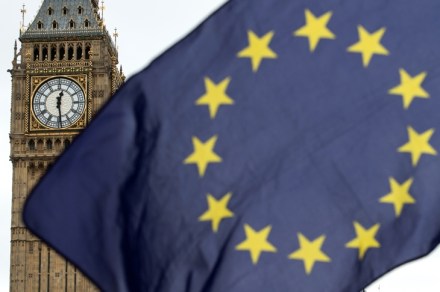Anatomy of a fiasco: how Britain’s pandemic defences failed
In October, a panel of 21 experts from across the world gathered for the first of what promised to be a series of reports assessing readiness for pandemics. ‘Infectious diseases know no borders,’ warned the Global Health Security Index. ‘So all countries must prioritise and exercise the capabilities required to prevent, detect and rapidly respond












